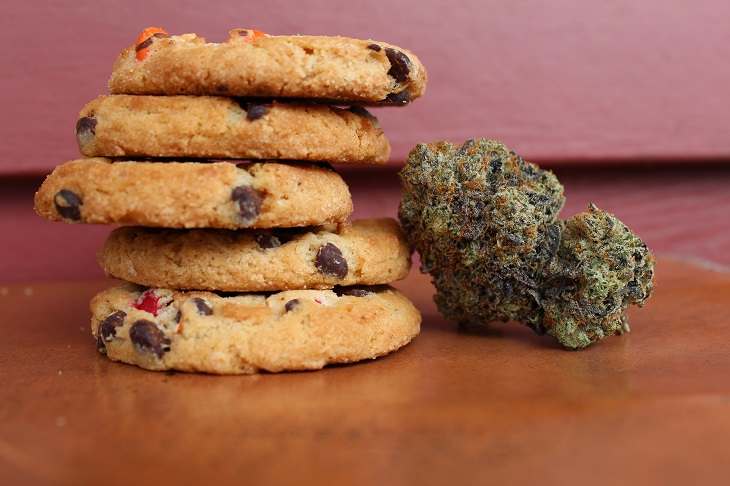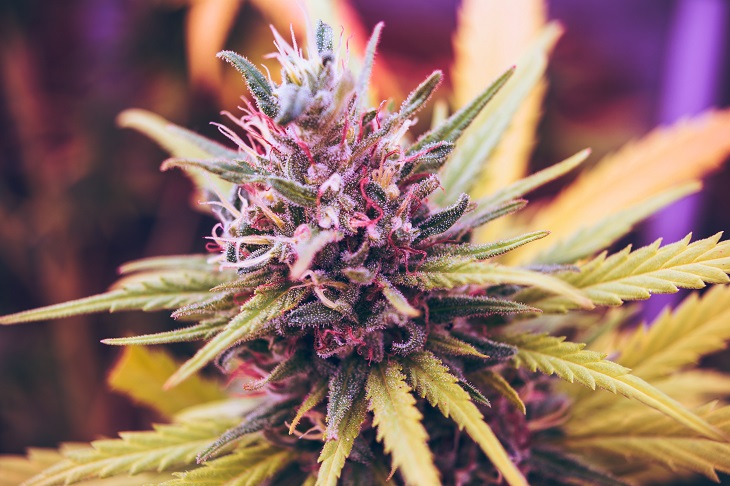Medical marijuana has a lot of benefits. But before you dive headfirst into the world of MMJ, it’s a good idea to know what to be on the lookout for. Perhaps one of the biggest questions people have is “What’s the best THC level for medical marijuana?”. But before that question can be answered, you must first understand what THC is, how it works, and what effects it can have on you and the condition you want to treat. Here’s all you need to know about THC and medical marijuana to get you started.
What is THC?
THC is short for tetrahydrocannabinol. It’s the chemical accountable for most of the psychological effects of medical marijuana. In fact, according to the National Institute on Drug Abuse, your body makes its own cannabinoid chemicals, and these are the chemicals that THC most closely acts like in the body.
THC is one of several compounds that can be found in the resin secreted by marijuana plants. Other compounds, called cannabinoids, are also found in the resin. CBD is another popular cannabinoid you may have heard of. It’s non-psychoactive, which means it doesn’t produce the same effects on the brain as THC.
How Does THC Work?
In your brain, cannabinoid receptors are dispersed throughout certain areas of the brain, clustered together most densely in the parts of the brain associated with time perception, pleasure, thinking, coordination, and memory. When you take medical marijuana, the THC in it attaches to these receptors, activating them and impacting your movement, coordination, sensory perception, pleasure, and concentration.

Image by Margo Amala on Unsplash: Wondering how to dose THC for MMJ? It depends on how you’re consuming it!
What Do Higher Levels of THC Mean?
The medical marijuana grown today is as potent as ever. In many strains of MMJ, THC potency can be around 20%, with some even as high as 30%. Considering that in the 1980s the potency of marijuana was around 2%, this is a pretty big leap.
In low doses, THC creates a euphoric state. If you take too much, you can experience some negative side effects such as anxiety and memory impairment. In fact, too much THC can even mitigate the medicinal benefits of medical marijuana, so it’s important to understand that less is definitely more when considering THC dosing for therapeutic and medicinal effects.
What’s the Best Dose for THC?
When considering how to dose THC for MMJ, microdosing is often recommended. This is when you start small and work your way up to a dose that has the effects you desire, such as pain relief, but without some of the side effects of higher doses of THC, such as anxiety.
To microdose, all you need to do is start with a small dose, such as one hit from a vape pen. Wait at least ten minutes and think about how you feel. If you think you need more, take another hit. Microdosing is a great way to figure out what dose is therapeutic for you.

Image by Esteban Lopez on Unsplash: What is THC? It’s in the resin produced by the flowers of the marijuana plant.
Which MMJ Strains Have the Highest THC Levels?
Different strains of medical marijuana have different amounts of THC in them. Often, you simply need to ask the dispensary where you purchase your MMJ what the percentage of THC is, if it’s not already clearly marked. If you get a strain with a high THC level and find that it’s not producing the desired medicinal effects, try a strain with a lower THC percentage or a higher percentage of CBD. If you don’t feel any impact from what you take, then that’s a good indication that you should choose a strain with a higher dose of THC.
What’s the Best THC Level for Medical Marijuana?
THC levels are subjective. That’s because everyone reacts just a little bit differently to THC, making it a unique experience for each person. As long as you start with a small dose and work your way up, as discussed above, you can easily find the range that suits you best and helps to address your medical concerns.
Remember that different products can affect you differently, too. Edibles may produce a different reaction at a different THC level than medical marijuana that is smoked. You should always read the label of any MMJ product you buy to see what the recommended dose is. Start off slow with a quarter to one half of the recommended dose the first time you take it and wait patiently for the effects to kick in, bearing in mind that it can take up to one hour.
If you’re ready to learn more about what medical marijuana can do for you, then let MMJRecs help you get your medical marijuana card so you can begin!
Featured image by Christina Winter on Unsplash
